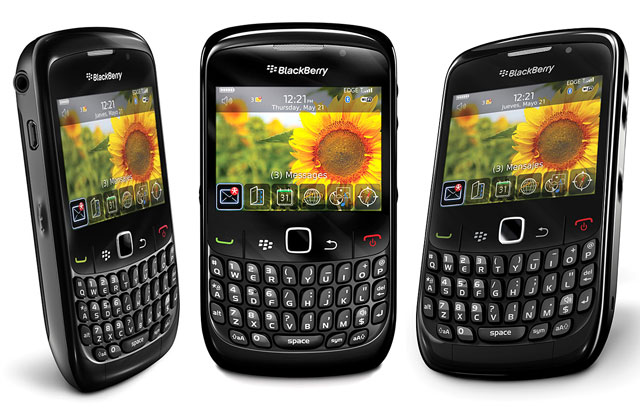
BlackBerry will probably be forced to refocus on the services that set it apart rather than continuing to struggle to compete in the ruthless and hyper-competitive smartphone market, South African analysts say.
On Monday, the Canadian company announced that it had agreed to be sold to a consortium led by Fairfax Financial, which already owns 10% of its equity. The deal is subject to a due diligence investigation and regulatory approvals being obtained.
World Wide Worx MD Arthur Goldstuck says BlackBerry’s plan to go private is “probably the best of all possibilities” for the company because it means that it can “consider the options for extracting real value out of its intellectual property without having to worry about the spotlight of Wall Street and the media”.
“Having said that,” Goldstuck adds, “BlackBerry is a highly visible operation and it’s not like it can quietly huddle in a corner and hope the world doesn’t notice what it does next.”
BlackBerry still has vast enterprise security infrastructure and has “great strengths”, in particular its subsidiary QNX Software Systems, which is a major developer of in-car operating system software and which was a big driver behind the development of the BB10 platform that powers BlackBerry’s new smartphones.
“QNX has always been one of BlackBerry’s secret weapons,” says Goldstuck, but he is worried that it won’t capitalise on it. “I haven’t seen evidence of anyone at BlackBerry understanding what its core value proposition is.”
Goldstuck says it appears likely that BlackBerry will focus on enterprise customers and products and try to become as “lean and mean” as possible.
“My suspicion is that BlackBerry will move away from lower end consumer offerings, but at the same time consumerisation of IT is a space BlackBerry has played in so it should understand that senior executives in an enterprise also want cool consumer devices. By thinking you can target devices only at enterprise is, well, missing the trend.”
StrategyWorx MD Steven Ambrose thinks BlackBerry will exit the handset market within a year or so. “You might see an LG BlackBerry or a Samsung BlackBerry, but the company has great services that could be of more value to customers than playing in the hardware space.”
Ambrose says it’s “scary” how quickly BlackBerry has fallen. “Mobile is about scale and BlackBerry can’t compete there any more. But as a niche player, it can still do well.” — (c) 2013 NewsCentral Media

